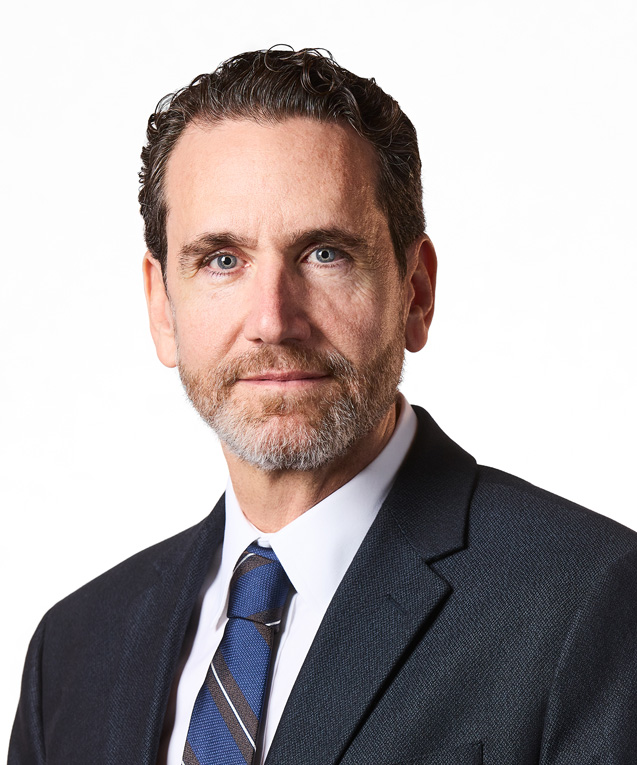
Alejandro Aballay
Alejandro Aballay, PhD, is dean of MD Anderson Cancer Center UTHealth Houston Graduate School of Biomedical Sciences. Appointed in January 2024, he is also the John P. McGovern Graduate School of Biomedical Sciences Endowed Distinguished Professor at the school. Aballay is professor of genetics at The University of Texas MD Anderson Cancer Center, and has a joint appointment in the Department of Microbiology and Molecular Genetics at McGovern Medical School at UTHealth Houston.
As dean of MD Anderson UTHealth Houston Graduate School, Aballay works with interprofessional teams to ensure the graduate school’s programs continue to align with the evolving competencies students need to advance scientific discovery and health technologies in the coming decades. The school utilizes the strength and expertise of two parent institutions to provide leading-edge research in the biomedical sciences.
Aballay has a broad research program encompassing genetics, functional genomics, and neurobiological approaches to study mechanisms involved in the neural control of immune responses and cellular homeostatic mechanisms. His academic career began in 2002 as assistant professor of molecular genetics and microbiology at Duke University Medical Center in Durham, North Carolina, where he studied what makes bacteria pathogenic and hosts resistant to infection. Aballay was appointed associate professor in 2009 and professor in 2016. He served as director of Duke’s Center for Host-Microbial Interactions from 2014 to 2017.
In 2017, Aballay joined Oregon Health & Science University in Portland as professor and chair of the Department of Molecular Microbiology and Immunology. In his six years as chair, he focused on faculty recruitment, mentoring, and retention, as well as intradepartmental collaboration and a major building renovation to enhance laboratory space. Aballay also led the department’s response during the COVID-19 pandemic, quickly building a BSL-2+ lab to facilitate grant applications to study the SARS-CoV-2 virus.
Aballay earned a doctorate in molecular and cell biology from the Nacional de Cuyo University Medical School and a doctorate in pharmacology from Juan Agustín Maza University in Mendoza, Argentina. He also studied cell biology at Washington University in St. Louis during his graduate studies. He completed postdoctoral fellowships in molecular pathogenesis at Harvard Medical School and Massachusetts General Hospital, where he developed a novel pathogenesis system using the nematode Caenorhabditis elegans.